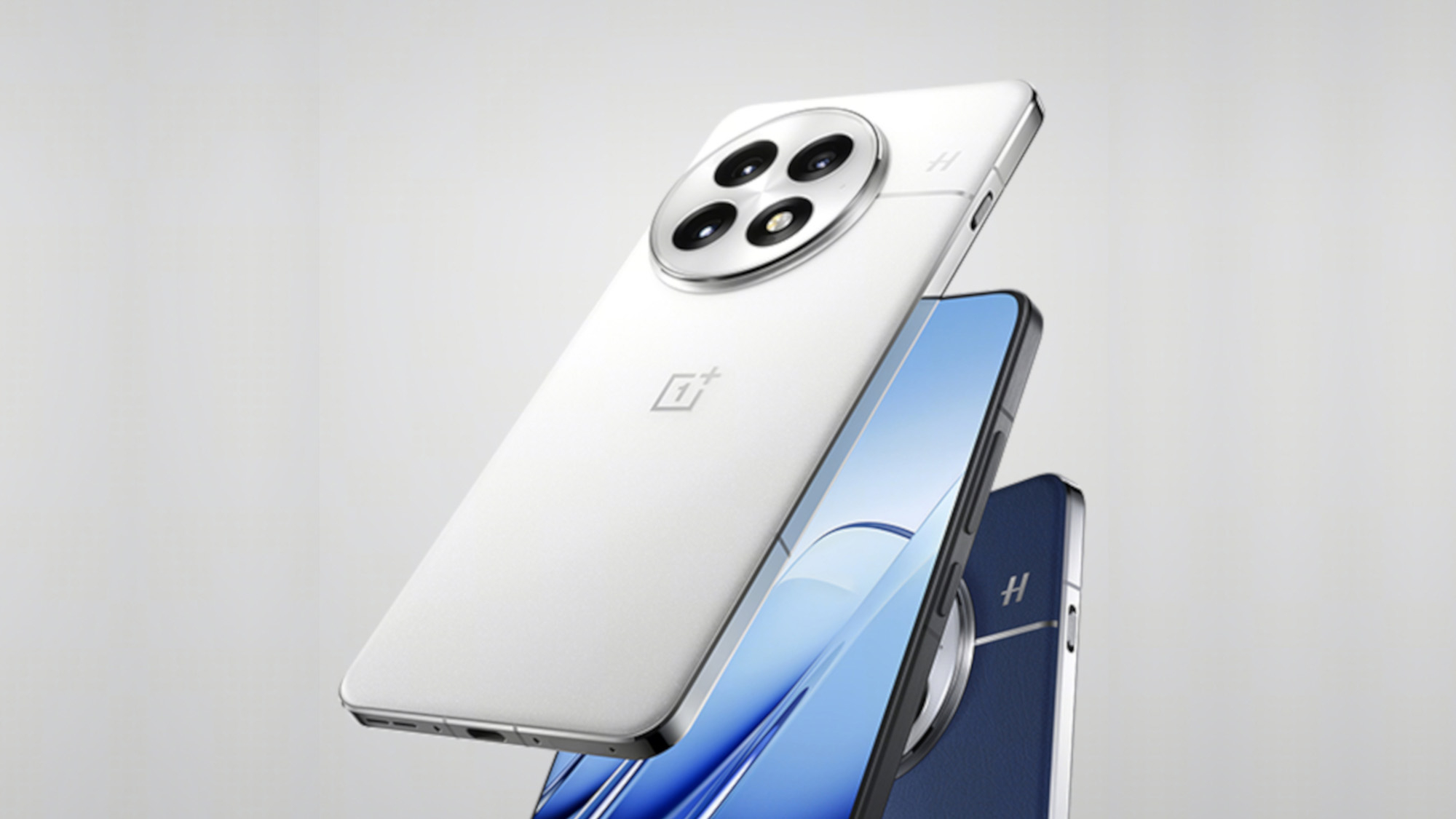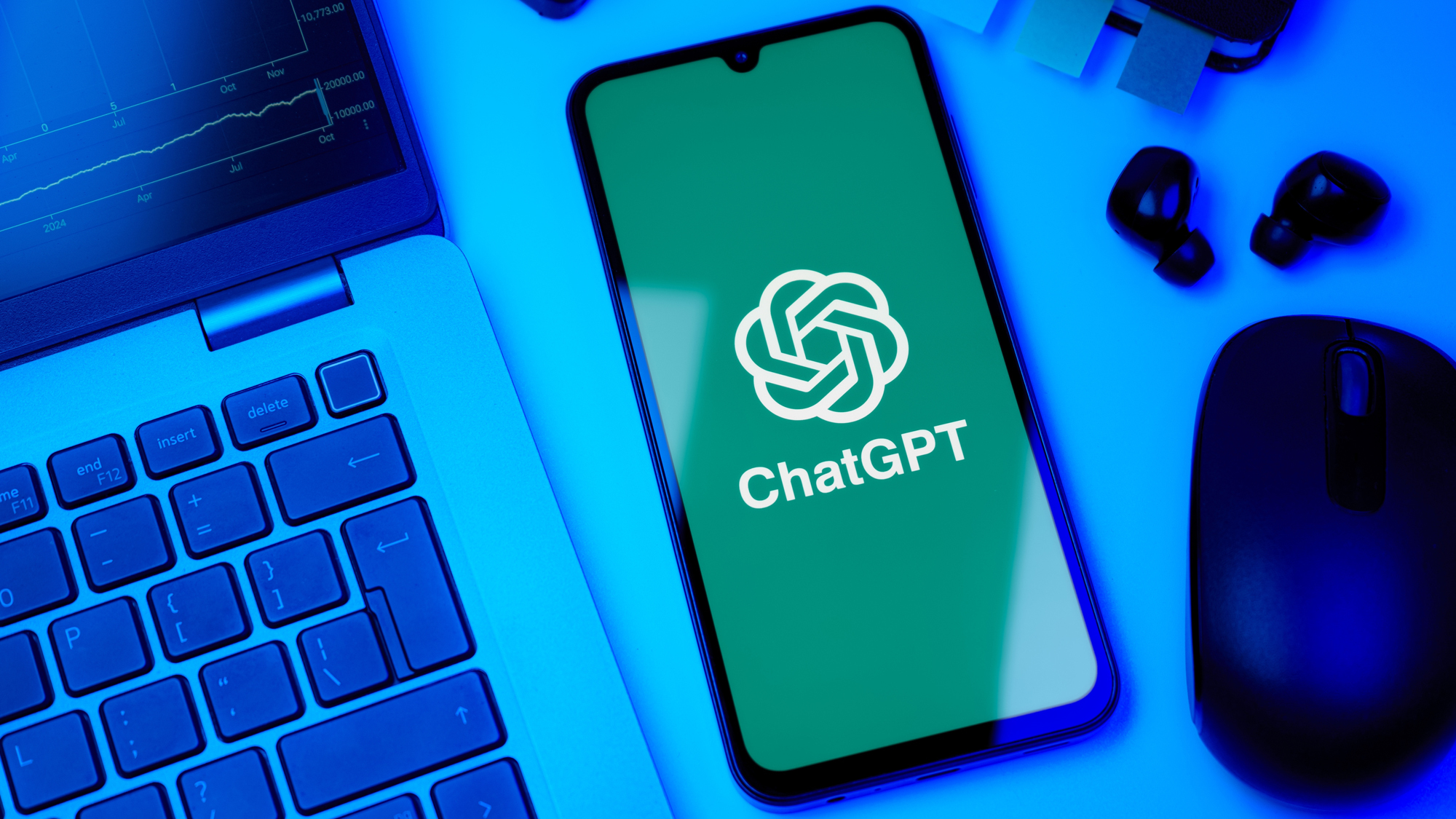OnePlus 13’s battery life could be a gamechanger — here’s why
6,000 mAh of battery? That's the good kind of crazy phone design.

The OnePlus 13 is official (in China at least), and that means we know exactly what sort of specs will come to the phone when it launches in the rest of the world early next year. One of the things OnePlus has been open about for a while is the battery and charging specs, with the promise of a 6,000 mAh battery and 100W wired charging speeds for its new phone.
It all sounds very impressive, though it’s not exactly unprecedented. The OnePlus 12 offered a 5,400 mAh battery — a larger cell than you’d find inside phones from rivals like Apple and Samsung — alongside 100W charging in China and 80W everywhere else. There's also the fact the OnePlus 13 comes powered by the Snapdragon 8 Elite chipset, which should see a big upgrade to energy efficiency thanks to its 3nm design. (The Snapdragon 8 Gen 3 inside the OnePlus 12 is a 4nm system-on-chip.)
Combined it means the OnePlus 13 could have some of the best phone battery life we’ve ever seen — especially in a non-gaming phone. The question is whether those specs will actually translate into real world battery life.
Battery capacity isn’t everything — but it helps
About a decade ago, I remember watching a Samsung phone launch where some Samsung executive proactively defended the company’s decision to keep battery capacity the same on one of its newest models, noting improvements to energy efficiency and power draw in the new model.
I can’t for the life of me remember which phone that was, but in the years since, I’ve come to realize he was exactly right. In recent years we’ve seen battery capacities stay pretty much static, only for battery lives to increase simply because the phones themselves are using less and less power.
The iPhone 16 Pro Max is an excellent example of this in action. The phone comes with a 4,695 mAh battery inside, which is noticeably smaller than what other flagship rivals feature. There’s a 5,000 mAh battery in the Galaxy S24 Ultra, 5,060 mAh in the Pixel 9 Pro XL, and 5,400 mAh in the OnePlus 12. Yet the iPhone 16 Pro Max’s battery life outpaces them all, averaging around 17.5 hours in our battery life test.
The OnePlus 12 and S24 Ultra aren’t far behind the iPhone 16 Pro Max, rocking in at a respective 17 hours 5 minutes and 16 hours 45 minutes. But the fact they have larger battery packs just goes to show how much of an impact better power efficiency can have on a phone’s daily lifespan. The OnePlus 12R is another great example, lasting an hour longer than the OnePlus 12 (18 hours 8 minutes) while only having an additional 100 mAh of power.
Get instant access to breaking news, the hottest reviews, great deals and helpful tips.
That’s not to say that phone companies shouldn’t offer larger batteries wherever possible. Part of the reason the iPhone 16 Pro Max lasts so long compared to the iPhone 15 Pro Max (14 hours and 4 minutes) is that it has a slightly larger battery. Having more power to draw on can only be a good thing for longevity — provided the phone doesn’t waste that power on unnecessary things.
OnePlus is on a roll right now
Unless something goes disastrously wrong, the OnePlus 13 should still offer a pretty considerable amount of battery life. Really the only way we won't see a long-lasting phone is if OnePlus botched the design and winded up with a battery life disaster on par with the Google Pixel 7 Pro — whose 5,000 mAh battery only lasted 9 hours 21 minutes in our testing.
But Google has never been particularly good at offering strong battery life, whereas OnePlus has shown that it can, particularly when it comes to balancing battery life with bright displays like the 4,500-nit panel that the OnePlus 12 features.
The screen is where a big chunk of your battery life is going to go, and the brighter the screen the more power it’s going to need to churn through. Since the OnePlus 13 is set to feature the same levels of brightness (and a pretty similar screen all round), we’d guess that the strain on the battery would be pretty similar.
The question is how much of an impact the Snapdragon 8 Elite chipset will have on the overall total. We had heard rumors that the chip might be quite power hungry, which is never a good thing. That said, Qualcomm has made huge strides with energy efficiency in its chips the past few years, especially the Snapdragon 8 Gen 2 and Gen 3. So we’ve got our fingers crossed that the best Android phones don’t take that big step backward in the coming year.
OnePlus could be increasing its battery capacity to offset this power drain. But rumors that Samsung will keep the Galaxy S25’s battery capacity static for another generation suggests that the power draw may not be quite as bad as some would have us believe. Plus the Elite is Qualcomm’s first 3nm chipset, which could mean good things for energy efficiency.
Like Apple’s A17 Pro and A18 chipsets, TSMC’s 3nm process produces smaller chips that are more densely packed together. As a result they’re able to offer better performance without using as much power. In other words, there’s a good chance OnePlus is increasing battery capacity because it can — thanks to new technologies that allow it to boost capacity without using up more internal space.
Bottom line
We’re not going to know how good the OnePlus 13’s battery life is until we can actually do some of our own testing. And that isn’t likely to happen until some point in the new year, when the phone is released outside of China. The main question is how long that 6,000 mAh battery life will last. With the OnePlus 12 and 12R exceeding 17 and 18 hours of battery life in our custom test, we’d hope that the OnePlus 13 will push it even further.
Still, call me optimistic about the whole thing. Despite fears that the Snapdragon 8 Elite could be a power hog, we’ve seen a lot of progress with battery life the past few years — including from OnePlus. Weather we’ll see huge gains in battery life on the flagship isn’t clear, but as long as OnePlus has played its cards right the OnePlus 13 could easily still have some of the best battery life we’ve seen.
Even if it doesn’t, at least 100W wired charging will get your phone up and running quickly.
More from Tom's Guide
- Google Pixel’s next update revealed by Verizon — here’s what's coming
- Android 16 release date just tipped — and it’s shockingly early
- Apple facing fine as high as $38 billion over App Store practices — what we know

Tom is the Tom's Guide's UK Phones Editor, tackling the latest smartphone news and vocally expressing his opinions about upcoming features or changes. It's long way from his days as editor of Gizmodo UK, when pretty much everything was on the table. He’s usually found trying to squeeze another giant Lego set onto the shelf, draining very large cups of coffee, or complaining about how terrible his Smart TV is.
